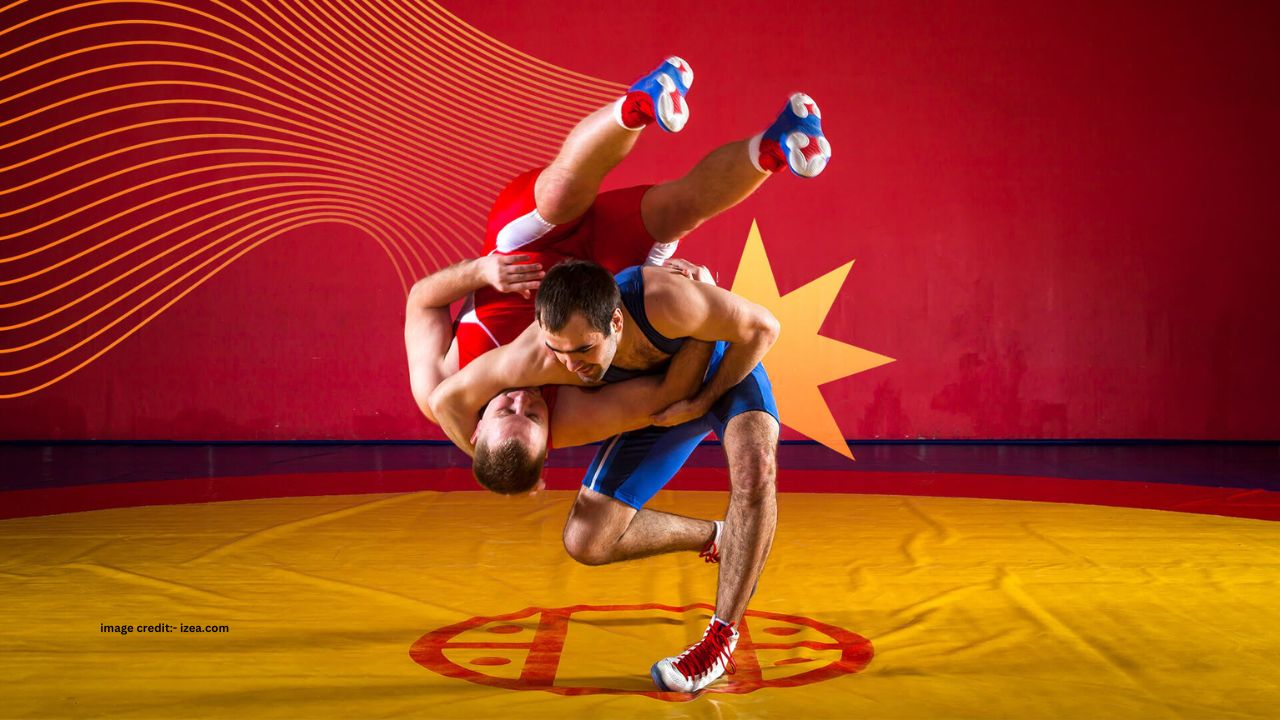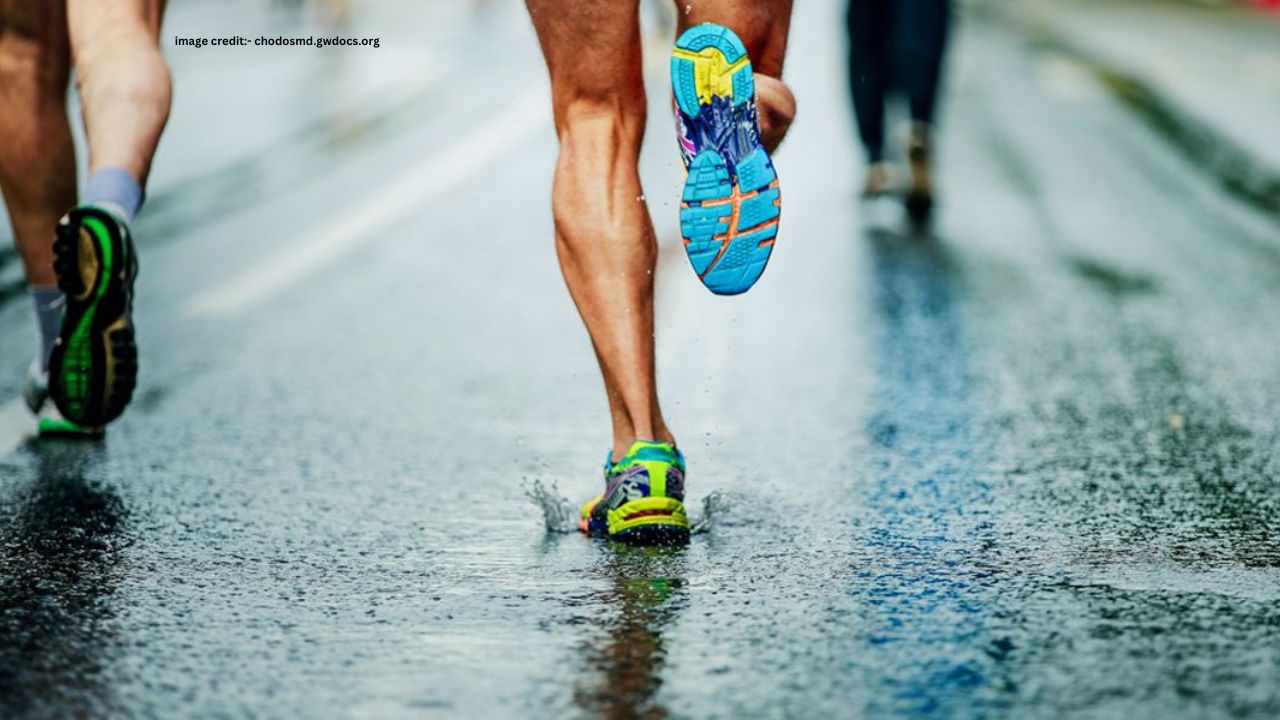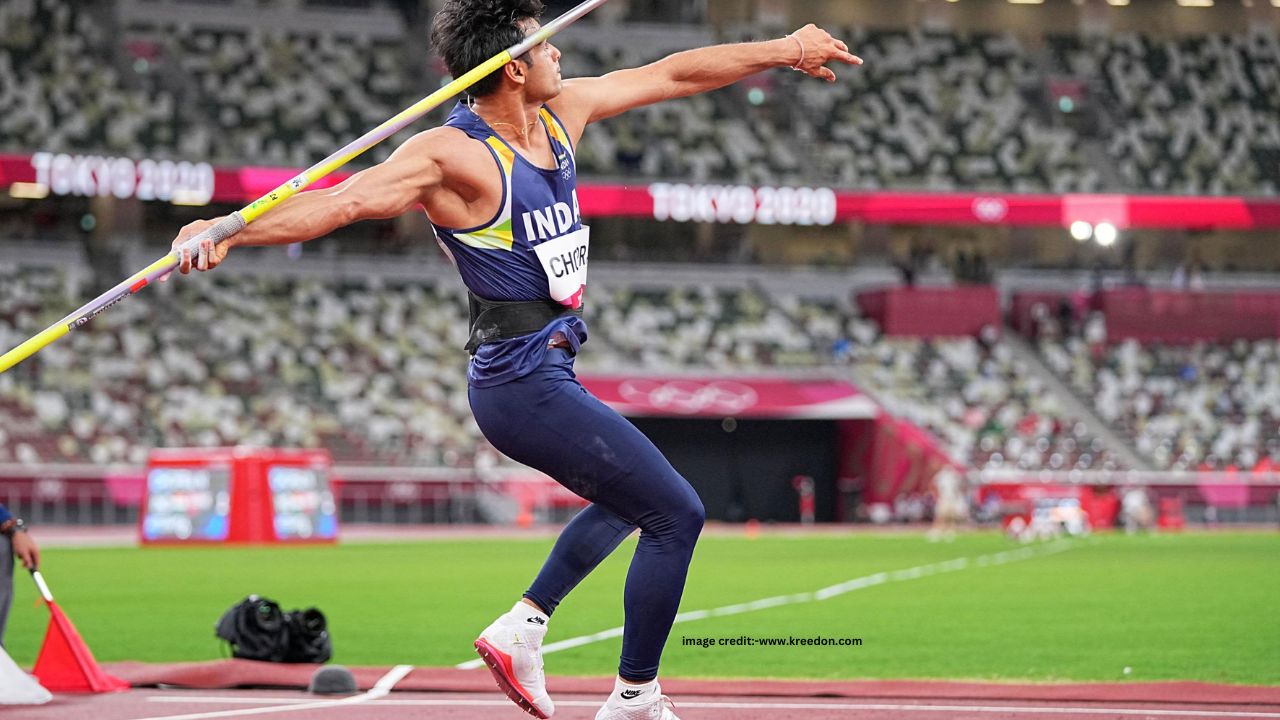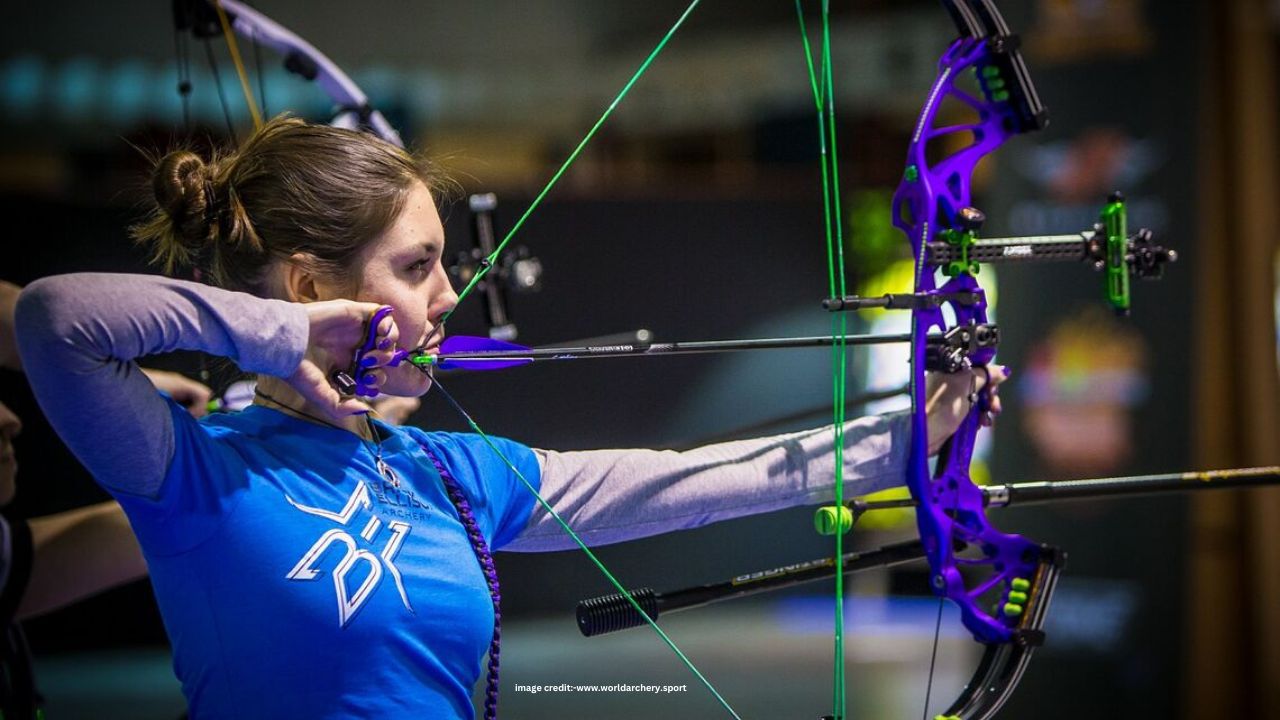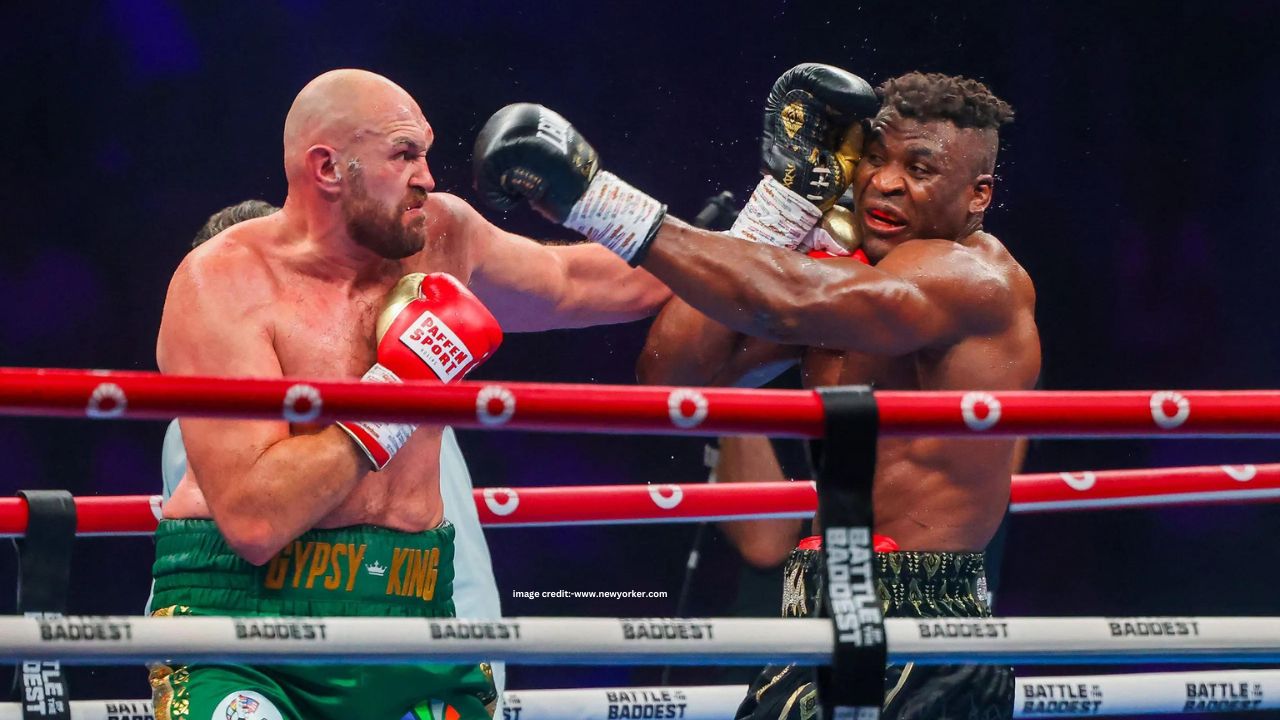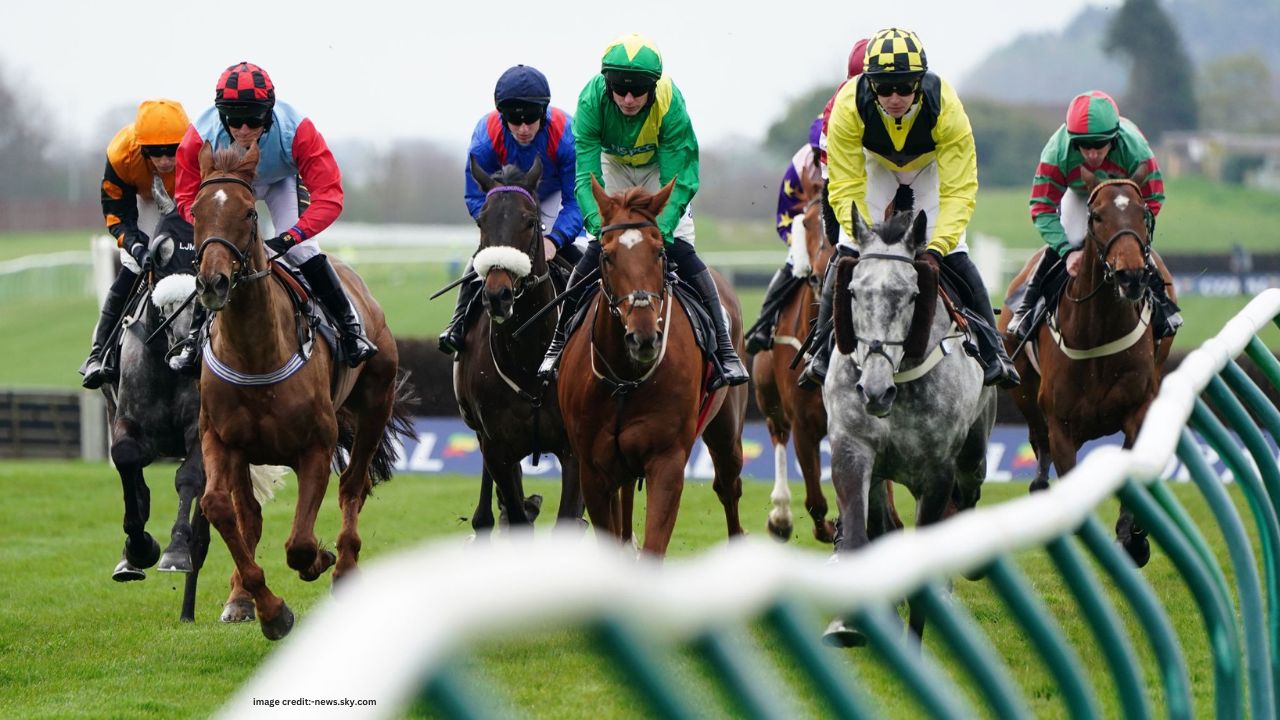7 Oldest Sports In The World : Humans have participated in physical competitions throughout history, and many of these pursuits have developed into what are now known as sports. Even while modern sports are frequently extremely structured, several of them have ancient origins. Let’s examine the history and development of seven of the oldest sports in the world.
Sports have always been an essential aspect of human existence, having its origins in mythology and prehistoric societies. They have traditionally promoted physical health and served as a window into the customs, history, and cultures of many countries, serving as more than simply a simple source of entertainment. This post is ideal for you if you have an interest in history, sports, and learning about different cultures and customs! We’ll examine the history, significance, and development of the seven oldest sports in the world today, as well as how they came to be the contemporary contests we are familiar with.
1. Wrestling
- Origins: The oldest evidence dates back 15,000 years, found in French cave art.
- Region: Egypt, Greece, India, and ancient Mesopotamia
One of the first combat sports is wrestling, which has roots in prehistoric times. Men wrestling is seen in ancient Sumerian sculptures and in cave drawings discovered in France. In ancient Greece, wrestling played a significant role in events such as the Olympics. It is still popular today, with different variations such as Greco-Roman, freestyle, and traditional wrestling styles being performed globally.
2. Running (Foot Races)
- Sources: Earliest Documentation: about 3,000 BCE
- Region: Greece and Ancient Egypt
Perhaps the most basic and instinctive sport is running. The history of foot racing, often known as competitive running, dates back thousands of years. Egypt hosted the first known competitive race during one of its religious celebrations. With competitions like the stadion race—the only event for the first 13 Olympic Games—running was a major feature of the ancient Greek Olympic Games.
3. Javelin Throw
- Origins: The Earliest Record: Greek Antiquity
- Region: Greece, Africa, and Northern Europe
The javelin throw was first used as a hunting weapon and then developed into a sport. It was added to the Olympic Games pentathlon in ancient Greece. Competitors would try for precision and distance with their long spear throws.
4. Archery
- Origins: Twenty Thousand Years Ago
- Region: China, Ancient Egypt, and other native civilizations
Over time, archery transformed from a tool for hunting and combat to a recreational activity. The archery abilities of the ancient Egyptians were highly valued in warfare. The game kept growing in China and medieval Europe. Archery is still a popular recreational sport and an Olympic event today.
5. Boxing
- Origins: Third Millennium Evidence Is the Oldest BCE
- Region: Greece and ancient Mesopotamia
Another age-old sport that goes back thousands of years is boxing. Boxers were portrayed in Sumerian and Egyptian art, and the sport was codified in ancient Greece. Boxers wore leather straps across their hands in place of gloves during one of the ancient Olympic sports.
6. Horse Racing
- Origins: 4,500 years ago is the oldest evidence.
- Region: Central Asian
The history of horse racing is extensive, particularly in areas where horses were tamed. Chariot racing was a hugely popular sport in classical Greece and Rome. With well-known races like the Grand National and the Kentucky Derby, horse racing is now a major international sport.
7. Swimming
- Origins: Cave drawings from 10,000 years ago are the oldest evidence.
- Region: Japan, Greece, and Ancient Egypt
One of the first physical activities, swimming was frequently essential for prehistoric survival. Swimming competitions were a common feature of everyday life in ancient Egypt and Greece, where it originated.
These sports have withstood the test of time, developing from their prehistoric roots into the contemporary ones we enjoy today. Running, swimming, and wrestling are among the sports that serve as a reminder of the innate human urge for endurance, skill, and competition. These sports’ enduring popularity demonstrates their significance to human civilization throughout history and the present.


